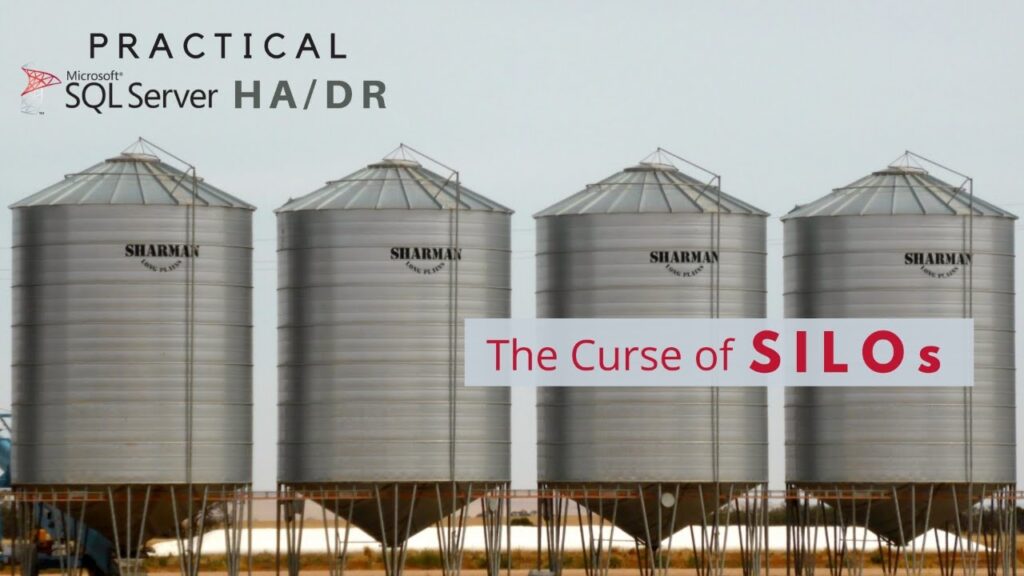I was on the phone with a client the other day where they had to push back on a database migration scheduled the weekend prior. They were migrating from a SQL Server 2008 standalone instance and into SQL Server 2019 Always On Availability Groups. I can feel the tension in his voice over the phone because of missed deadlines, pressure from the stakeholders (they are a large healthcare provider and could not afford extended downtime), and unresolved issues. Upon further investigation, it turned out that there were some miscommunication between different teams involved in the migration.
Isn’t it frustrating when a project you’re involved in failed or missed a deadline and you couldn’t do anything about it? You waste a huge amount of time on conference calls with other teams involved, wishing and hoping they would solve the problems much faster. And what about the finger-pointing? The joke’s on the DBA (default blame accepter) because everyone assumes it’s always a database problem. You’re now getting blamed for things you have no control over. These things make matter worse.
Having worked with hundreds of customers and clients for more than a decade now, I see this as one of the main reasons why HA/DR projects fail or get delayed. And silos will continue to affect the way you do your work. If you don’t know how to deal with inter-team dynamics, you will constantly be working with frustration and stress.
In this episode of the Practical SQL Server HA/DR Show, I talk about the curse of silos in an organization, how they are causing division among teams and why it is one of the main causes of project failures. I also talk about how to leverage your role as a DBA to successfully lead HA/DR projects despite the different silos in your organization. You’ll be surprised at how important your role is to make this happen.
I’ll be doing this on a weekly basis so make sure you keep an eye out for announcements on my social media profiles (LinkedIn | Twitter | YouTube)

